- Nissan and Toyota are racing to produce the first EV with solid-state battery technology.
- Solid-state batteries have more range than lithium-ion batteries.
- Solid-state EV batteries reduce fire risk and have better energy density.
- The need for pure lithium is slowing solid-state battery production.
- Sodium-ion solid-state batteries will be less expensive to produce than lithium batteries.
Electric vehicles have differences in styling, safety technology, and comfort features. What they have in common are heavy and bulky lithium-ion batteries. The batteries deliver decent range and many charge quickly at DC fast-charging stations. But as EV battery manufacturers continue to develop alternatives to lithium-ion batteries, attention is turning to more efficient solid-state EV batteries.
What is a Solid-State EV Battery?
Solid-state batteries function like lithium-ion batteries, but rather than having a gel or liquid electrolyte, they have a separator that allows the ions to flow from the anode to the cathode. The anode and cathode cannot touch, so they need a separator. In a solid-state battery, the separator does the job of the electrolyte.
In a typical lithium-ion EV battery, ions flow through the anode to the cathode while passing through a liquid lithium solution. Unfortunately, the liquid or gel solution is what makes lithium-ion batteries flammable. It also makes them extremely heavy. Solid-state batteries also use lithium to create energy, but manufacturers need less lithium and other raw materials, so the batteries are small and more efficient.
Benefits of Solid-State EV Batteries
Lithium-ion batteries are heavy, difficult to produce, and highly flammable. But, at the time, they are the best the EV industry has to offer. Fortunately, solid-state batteries have fewer risks and more rewards. As battery manufacturers get closer to mass-produced solid-state EV batteries, drivers will quickly see the benefits of the new technology.
More Energy Density for Longer Ranges
Solid-state batteries have a higher energy density, so they create more energy in a smaller space. Today’s 80-kWh battery packs weigh about 1,000 pounds. An 80-kWh EV solid-state battery would weigh two-thirds less at about 333 pounds. If solid-state EV batteries become the standard, EV manufacturers could increase the range of their entire lineup.
Reduced Fire Risks
While EV battery fires are rare, they are the fault of the liquid electrolytes in lithium-ion battery packs. Solid-state lithium reduces the fire risk, making EVs safer.
Improved Use of Recycled Materials
New technology exists to recycle lithium-ion batteries, and solid-state battery manufacturers can use the end-of-life material. Being able to repurpose lithium-ion battery waste into solid-state batteries reduces the impact on the planet, as manufacturers won’t need to mine for the rare mineral.
Faster Charging
Manufacturers are projecting that solid-state batteries will charge faster than lithium-ion batteries. With a DC fast-charging station, lithium-ion batteries need at least 40 minutes to fill up. Solid-state batteries need 10 to 15 minutes to fill completely.
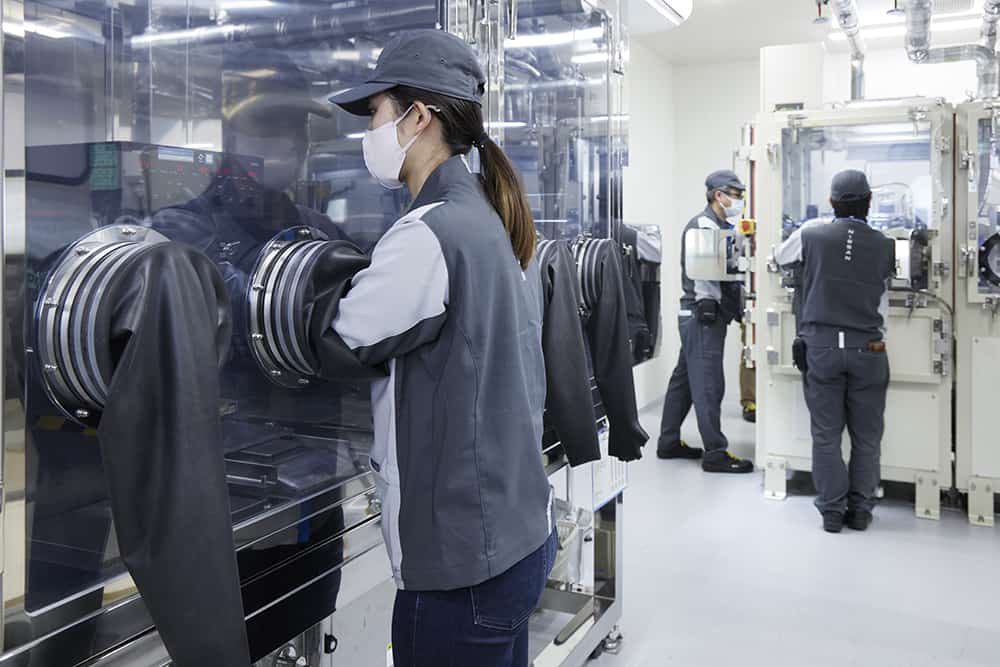
Automakers and the Race to Sodium-ion Solid-State Battery
Nissan is dedicated to producing affordable EVs without lithium-ion batteries. The automaker wants to reduce costs, improve energy density, and speed-up charging. They are doing this by investing in all-solid-state sodium batteries that are completely free of lithium and cobalt. This new technology could cut EV battery pack prices by two-thirds.
Toyota is also investing in research and development of lithium-free batteries. The automaker is planning on showcasing solid-state battery technology in the Lexus LFA, possibly as soon as 2026. Chinese automaker BYD will release the first EV with a sodium-ion and lithium-ion battery this year.
Nissan is expected to begin mass production of solid-state batteries by 2025, which puts its first solid-state EV release around 2028. Ford is also investing in solid-state battery research, with solid-state EVs expected to arrive on dealership lots by 2030.
What is Slowing Solid-State Battery Production
Drivers wanting to get their hands on this game-changing technology will have to wait. Two factors are slowing the race making more efficient EVs. This first is accessing pure lithium, and the second involves building new factories.
High-density batteries need large amounts of pure lithium, and this puts pressure on mining companies and eco-sensitive areas. Research and development engineers expect that solid-state lithium-ion batteries will need up to ten times more lithium than today’s battery tech.
The battery-construction methods differ from those used for today’s batteries, and building new factories takes time. Auto manufacturers who are first to use this technology will pay a premium for the new factories, while the companies that wait could lose out on the early customers.

SOURCE | IMAGES: NISSAN
FTC: We use income-earning auto affiliate links. Learn more.


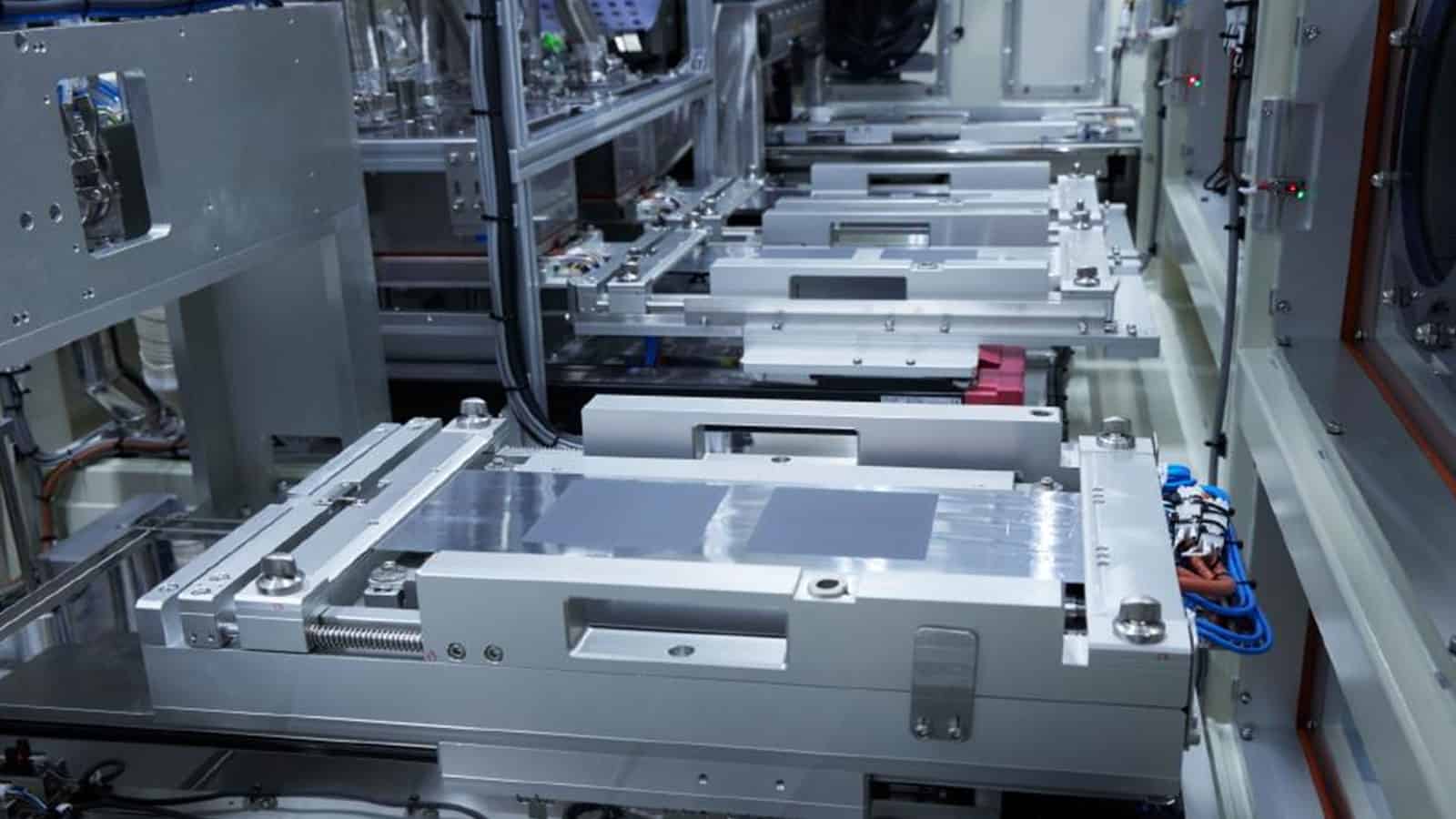



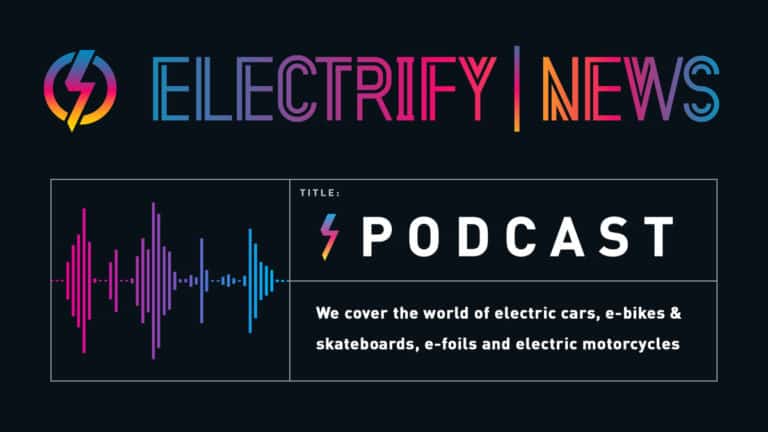
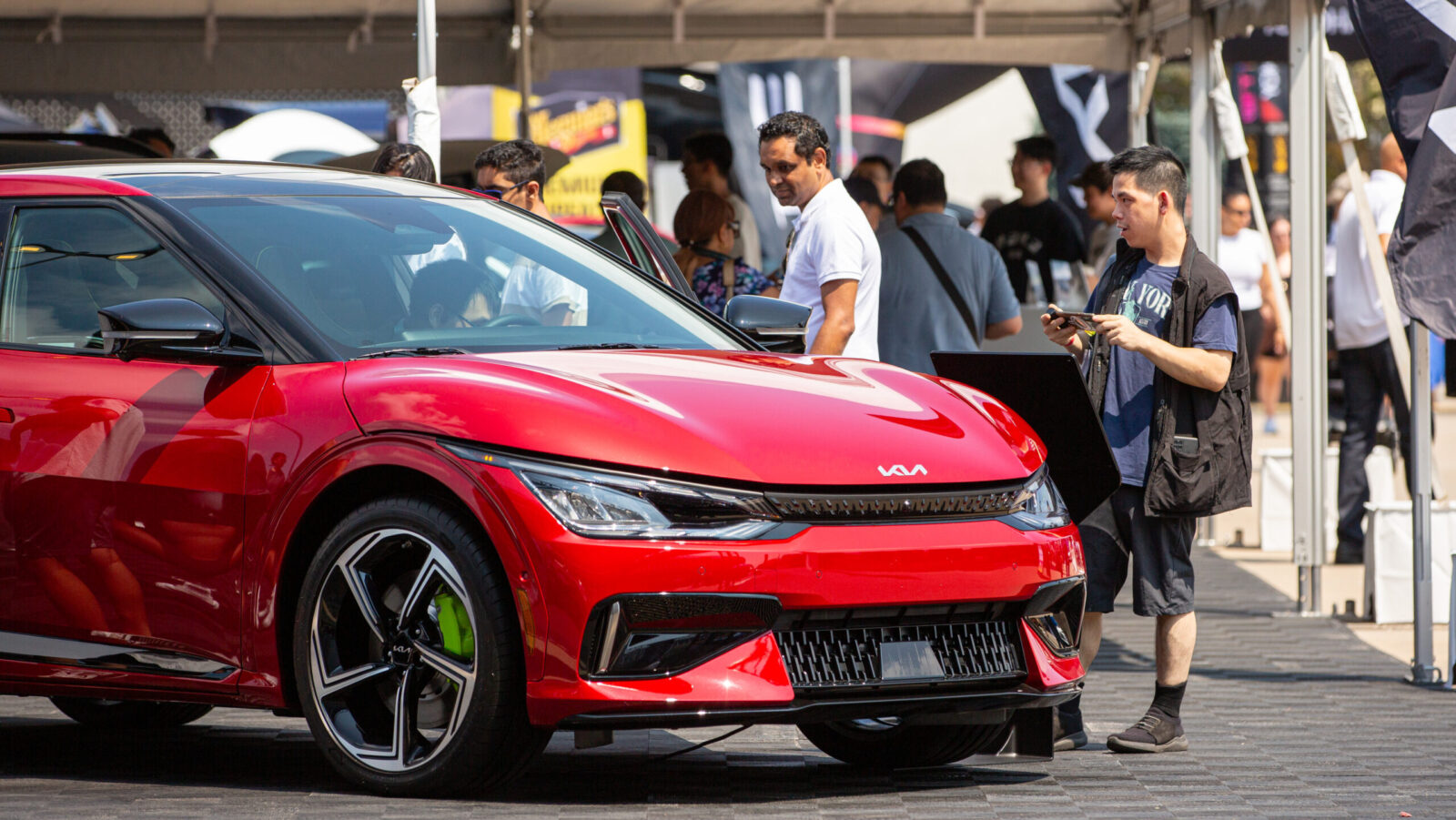
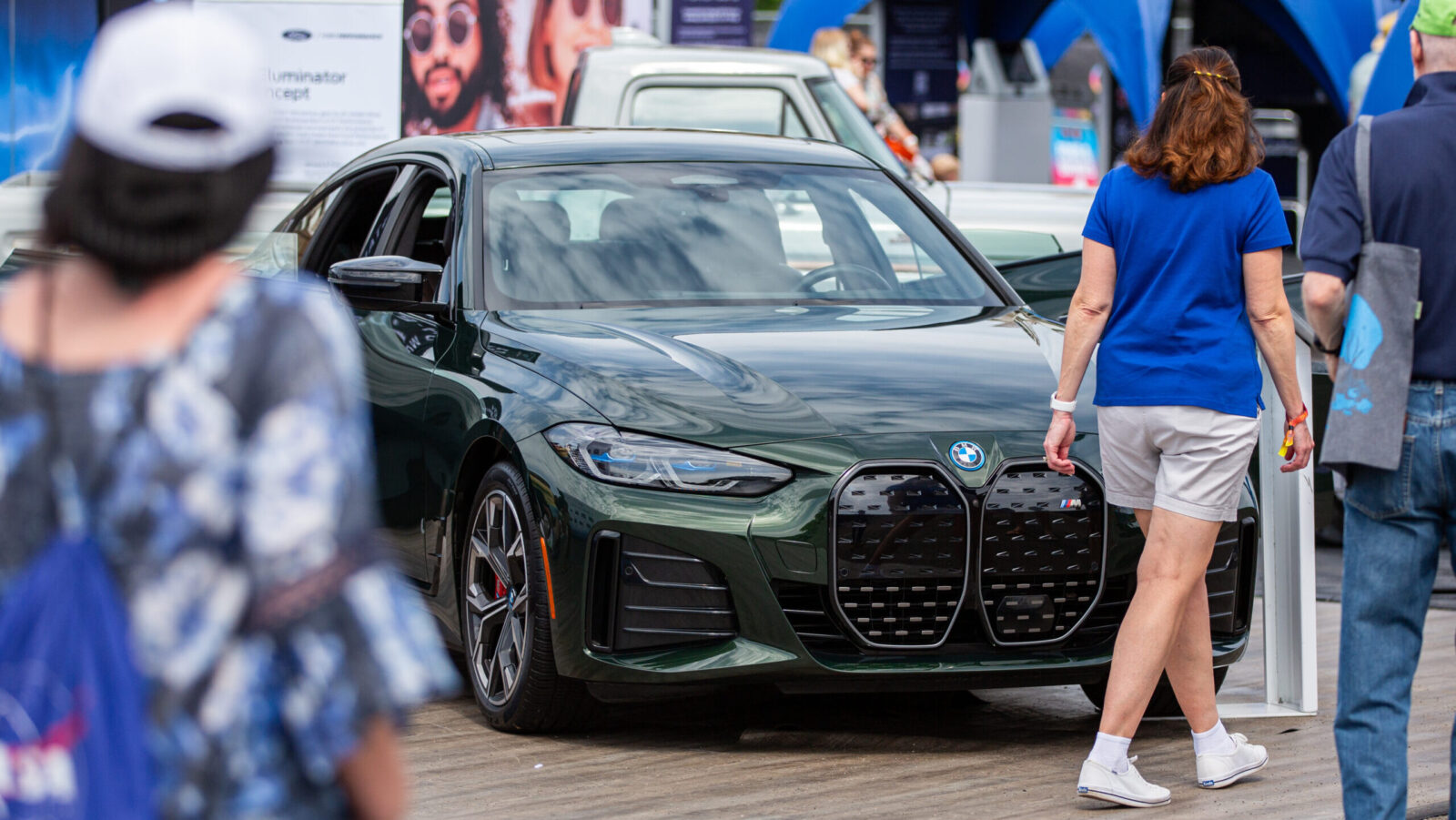

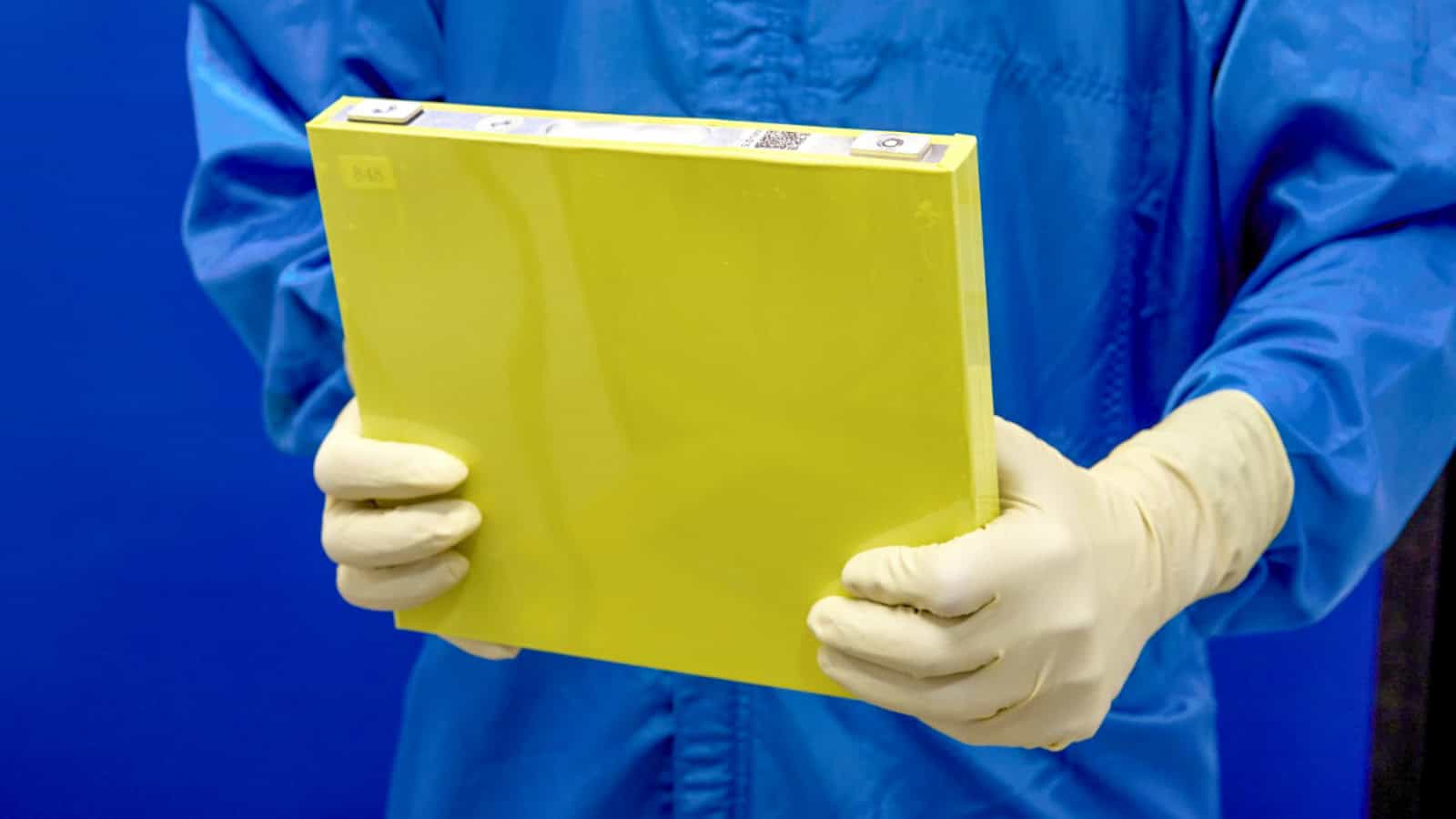
4 Responses
Amazingly informative article
How about wall battery packs ?
It always seems like solid state batteries are always 2 years away.